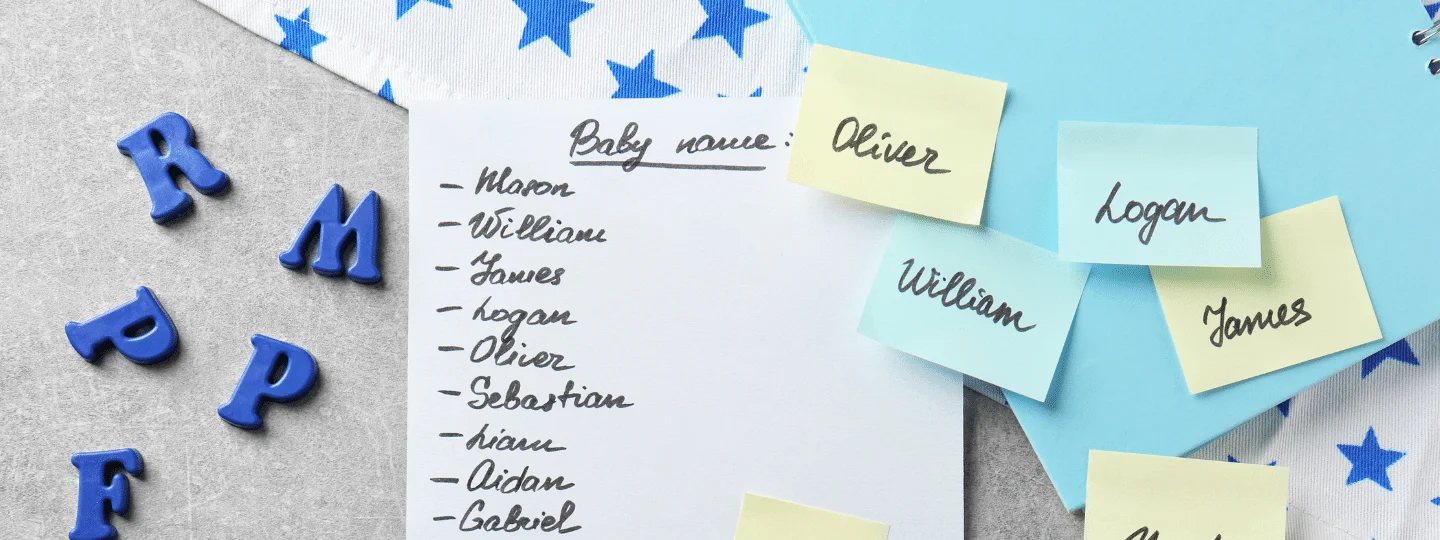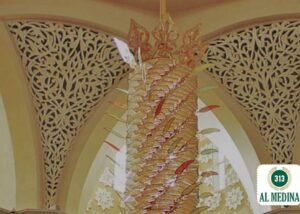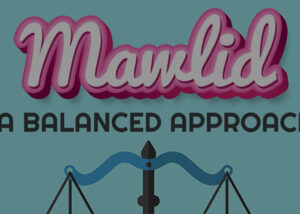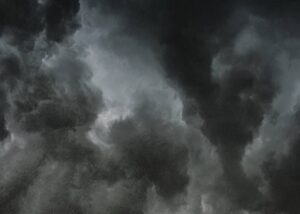Quran
Hadith
Islamic Text
بِسْمِ اللَّهِ الرَّحْمَنِ الرَّحِيمِ
In the Name of Allah Most Merciful Most Kind
Short Answer
Yes, Muslims should vote if it is done for religious purposes. If it is done for personal benefit or family connections, then no they should not vote.
Explanation
وَتَعَاوَنُوا عَلَى الْبِرِّ وَالتَّقْوَى وَلَا تَعَاوَنُوا عَلَى الْإِثْمِ وَالْعُدْوَانِ
Assist one another in piety and righteousness. And do not assist one another in sin and transgression. (Surah al-Maidah, 2).
In the verse above, we are taught to assist each other in piety and righteousness. Voting and political engagement can be an incredibly effective manner of doing so. In such cases Muslims should vote. However, the verse also prohibits assisting in sin and transgression. If voting and political engagement is not carried out correctly then it can be a means of assisting in evil.
Therefore, Muslims should vote. However, they should only do so when it will assist in positive change. Voting without a strategy is essentially useless and it can have significant negative consequences. Thus, Muslim communities must organise and vote strategically. They should only vote for people who will champion our religious concerns.
It would be transformative for our communities if we had political figures working to ban insults against our blessed Prophet ﷺ. Likewise, it would be supportive to aid our religious freedoms whilst highlighting and countering Islamophobia in the political sphere.
However, rather than being used as scapegoats and targets to score political points, we could become a force in our communities. Many other groups and ethnic minorities have achieved this. Therefore, there is no reason for Muslims to fail where others have succeeded. However, it will require persistence, patience and resilience. We cannot allow setbacks to deter us. And we certainly cannot allow for division.
Scrutinising the evidence
قَالَ اجْعَلْنِي عَلَى خَزَائِنِ الْأَرْضِ إِنِّي حَفِيظٌ عَلِيمٌ
He said, ‘Appoint me over the storehouses of the land. Indeed, I am a knowledgeable guardian.’ (Surah Yusuf, 55).
Some Muslims believe that voting is not permitted since you are engaging with a Kufr political system. The best way to respond to this is to provide evidence from Quran and Sunnah where people of immense piety did engage politically with Kufr systems. Since that would prove permissibility beyond doubt.
In the verse above, we find the blessed Prophet Yusuf (peace be upon him) seeking a position in the government of the king of Egypt. The king was a disbeliever and so there is no question of him having established an Islamic political system. This has also been confirmed by Major Imams of Ahl al-Sunnah.
وجواز التولية من الكافر والظالم. (الإكليل في استنباط التنزيل)
(In it is) the permissibility of taking a position from a disbeliever (Kafir) or oppressor. (Imam Jalal al-Deen al-Sayuti 911H, al-Ikleel).
فِي هَذِهِ الْآيَةِ مَا يُبِيحُ لِلرَّجُلِ الْفَاضِلِ أَنْ يَعْمَلَ لِلرَّجُلِ الْفَاجِرِ، وَالسُّلْطَانِ الْكَافِرِ، بِشَرْطِ أَنْ يَعْلَمَ أَنَّهُ يُفَوِّضُ إِلَيْهِ فِي فِعْلٍ لَا يُعَارِضُهُ فِيهِ، فَيُصْلِحُ مِنْهُ مَا شَاءَ، وَأَمَّا إِذَا كَانَ عَمَلُهُ بِحَسَبِ اخْتِيَارِ الْفَاجِرِ وَشَهَوَاتِهِ وَفُجُورِهِ فَلَا يَجُوزُ ذَلِكَ. وَقَالَ قَوْمٌ: إِنَّ هَذَا كَانَ لِيُوسُفَ خَاصَّةً، وَهَذَا الْيَوْمُ غَيْرُ جَائِزٍ، وَالْأَوَّلُ أَوْلَى إِذَا كَانَ عَلَى الشَّرْطِ الَّذِي ذَكَرْنَاهُ. وَاللَّهُ أَعْلَمُ. (تفسير القرطبي)
In this verse is the permissibility of a virtuous man working for an immoral man and an infidel ruler. On condition that he knows that he is delegating to him such that he does not prevent him. Thus, he can rectify what he wants. But if his action is according to the choice, desire, and immorality of the immoral person, then it is not permissible.
Some have said that this was for Yusuf (peace be upon him) specifically. So, it is not permissible today. However, the first view is superior, if it is according to the condition that we have mentioned. And Allah (Most High) knows best. (Imam al-Qurtubi 671H, al-Jami li Ahkam al-Quran).
Not applicable to us
In the Nass (text) above, Imam al-Qurtubi mentioned a contention raised by some. They felt that it is not permissible to use the example of the blessed Prophet Yusuf (peace be upon him) since his actions were specific and not an example for others. Imam al-Qurtubi disagreed. However, he did not go into detail.
Therefore, I will explain. To establish that an action is unique to a Prophet and thus not an example for others, specific evidence is required. When such evidence is available then we will agree. For example, we have clear evidence to assert that Sajdah (prostration) to people is Prohibited, Therefore, any examples in the Holy Quran are considered specific to those people.
When there is no such evidence however, then the actions of a Prophet are guidance for everyone else too. Since there is no evidence to suggest that Sayidina Yusuf (peace be upon him) seeking a position in a Kufr government was unique to him, then it becomes proof for everyone. Therefore, it is not prohibited to politically engage in a Kufr system and Muslims should vote.
Another contention raised regarding the blessed Prophet Yusuf (peace be upon him), is that was the law of a previous nation. Therefore, it is not applicable to us. This is incorrect according to the Hanafi Madhab. This is because we accept the law of those Prophets before us if two conditions are fulfilled.
- The narration must be authentic. Hence, it must be from Quran and Sunnah. Not from an Israeliyaat narration.
- There must be nothing in Quran and Sunnah negating or opposing it. These conditions are fulfilled in the example of Sayidina Yusuf (peace be upon him).
شَرْعَ مَنْ قَبْلَنَا شَرْعٌ لَنَا إذَا قَصَّهُ اللَّهُ تَعَالَى وَلَمْ يُعَقِّبْهُ بِإِنْكَارٍ. (فتح القدير)
The law of those before us is law for us, if it has been mentioned by Allah (Most High) and not negated thereafter. (Imam Ibn Humam 861H, Fath al-Qadeer Sharh al-Hidayah).
شرع من قبلنا شرع لنا ما لم يقم دليل على نسخه. (البناية شرح الهداية)
The law of those before us is law for us, on condition that evidence of abrogation is not established. (Imam Badr al-Deen al-Ayni 855H, al-Binayah).
The Najashi hiding his faith
Another proof cited by the majority who say Muslims should vote, is that of al-Najashi. He was the Abyssinian king who became Muslim and concealed his faith from his people. Therefore, he did not establish the Islamic political system. Rather, he kept the status quo which was an unislamic system. This is a strong proof since our Prophet ﷺ was aware of the situation and did not command him to change it. If it had been prohibited then it would be required of the Prophet ﷺ to command him.
Some people contest this as proof. They say, he had hidden his faith so he was not required to rule by Shariah. Despite that, the same people often say that ruling by other than Islam is Shirk. This is an astonishing position to take. If it is Shirk then Muslims must avoid it. Shirk is always prohibited, irrespective of whether one has concealed the faith or not.
As such, the correct analysis of the situation with al-Najashi is that there was no other viable option. This is likewise the case for those who vote in non-Muslim countries. Of course, the Muslim must vote for or support the establishment of the Islamic political system whenever that is possible. On the other hand, when there is no such option, then Muslims should vote for and support the best viable option.
The blessed Prophet Muhammad ﷺ
I have written about the Prophet ﷺ engaging with the tribal politics prevalent in Makkah Sharif before, so I will not reiterate that here. Rather, I am going to address a contention some people raise when looking at the example of the blessed Prophet ﷺ.
They say that the Prophet ﷺ did not engage with the political system in Makkah rather he sought a completely new system elsewhere.
Firstly, it should not be conceded that the Prophet ﷺ did not engage at all.
Secondly, it seems that changing the situation in Makkah would have required too much time. This was not an option for the blessed Prophet ﷺ.
The tribal system in Makkah would have required the elders to all pass away before the Sahabah could become political leaders. That could have taken decades. In any case whenever there is the opportunity to overhaul a system to align it with the Islamic political system then that option must be taken. However, that is not our discussion. Our discussion is regarding a circumstance where that is not possible.
Another point to raise when responding to this contention is that the actions of the Prophet ﷺ do not support the position of remaining in a Kufr system and not engaging politically. Rather, this analysis of the Prophets ﷺ actions would require those who accept it to leave such lands for other land where Shariah is upheld.
There is no way of concluding that the Prophet’s ﷺ actions allow us to remain here and remain disengaged. You could conclude (as I do) that we are guided to engage the political system to achieve our religious goals. Alternatively, you could conclude that we are to leave such a system behind and go to a place where the Shariah is established.
Conclusion
There is nothing in the Holy Quran or blessed Sunnah that precisely addresses the political situation we are in. Therefore, the issue of Muslims voting or engaging politically will be open to scholarly discussion and dispute. I firmly believe that Muslims should vote in such circumstances, or they should leave. I also believe that this is the position of the majority.
However, I recognize that there is room for difference since this is not explicitly addressed in the Holy Quran or Noble Sunnah. Nor is it directly addressed in the books of law. Nevertheless, I will ask those who oppose voting to present a viable alternative. That is, an alternative that will safeguard our Iman and that of our children. I personally do not see an alternative other than migration.
To remain in this country and allow the Muslims to be scapegoated and targeted for political purposes is only going to make things worse. Unless we stand up for ourselves and use the blessings that Allah Most High has given us, then our situation will continue to deteriorate. The Muslim must be strong and active. Not meek and passive.
And Allah Most High Knows Best.
–Answered by Shaykh Noorud-deen Rashid (03.05.24)






